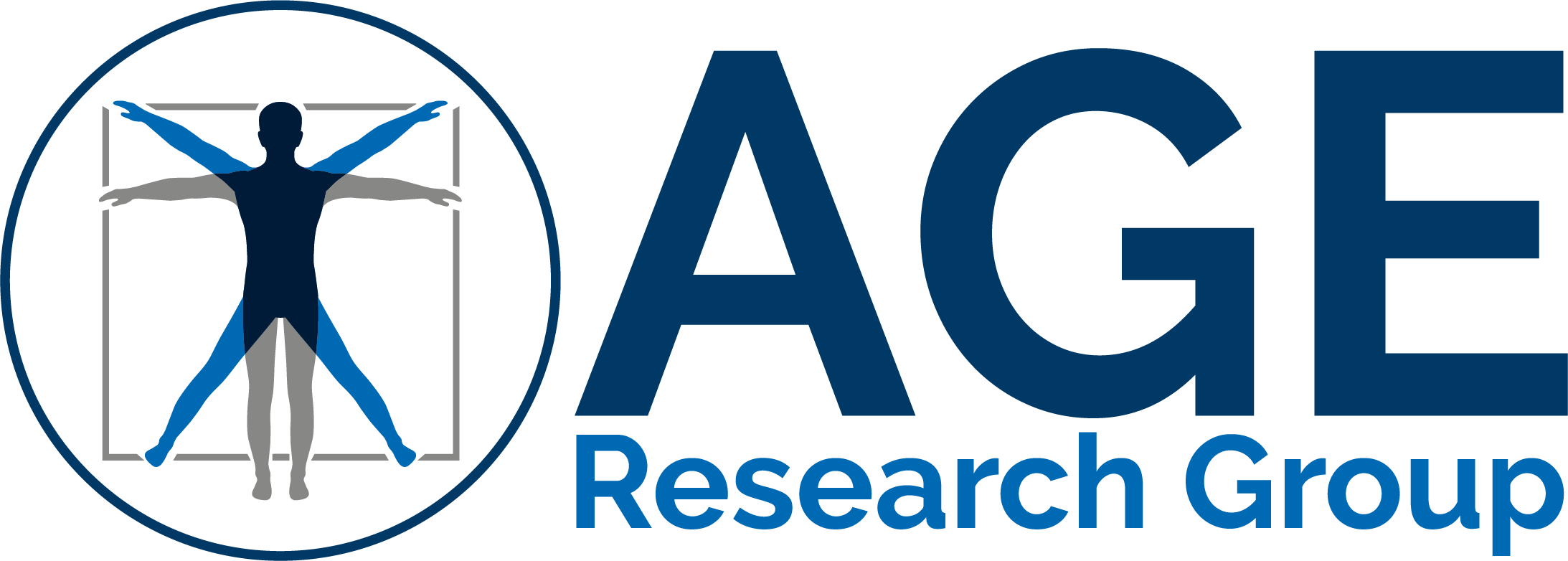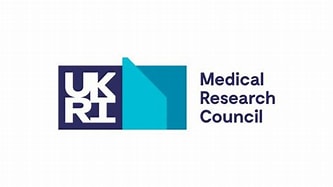News
AGE Research Group Celebrates Success as Researchers Secure Prestigious Grants
Two clinical researchers from the AGE Research Group have been awarded highly sought-after Starter Grants for Clinical Lecturers from the Academy of Medical Sciences.
These competitive grants provide up to £30,000 in research funding over one to two years, allowing clinical lecturers to gather preliminary data and strengthen their bids for longer-term fellowships and funding.
The grants are part of a prestigious programme that has supported over 700 clinical researchers with £20.2m of funding since its establishment in 2008.
The AGE Group recipients, Dr. Grace Lewis and Dr. Karen Suetterlin, will each embark on impactful projects that promise to advance their respective fields:
Dr. Grace Lewis: Addressing Health Inequalities in Older Adults

Dr. Grace Lewis, an Academic Clinical Lecturer in Geriatric Medicine with Health Education North East England, is set to investigate the impact of social conditions on the health of older adults. Her study will explore how multiple long-term conditions (MLTC) and social factors contribute to ill-health, using interviews, surveys, and physical measurements to understand this complex issue.
“The North East has the lowest healthy life expectancy in England,” says Dr. Lewis. “My research aims to shed light on how social factors and health conditions interact to worsen outcomes for older people.”
Dr. Lewis plans to use the starter grant as a stepping stone toward a larger fellowship application to become an independent researcher.
Dr. Karen Suetterlin: Developing New Diagnostic Tests for Muscle Diseases

Dr. Karen Suetterlin, an NIHR Clinical Lecturer in Clinical Neurophysiology, is conducting research on titin mutations, which are a major cause of genetic muscle diseases. Titin is the largest protein in the human body and crucial for muscle function. Dr. Suetterlin’s project will assess the feasibility of measuring Residual Force Enhancement in patients with titin mutations. Residual Force Enhancement is the extra force your muscles can generate when they contract and are stretched at the same time. By studying if Residual Force Enhancement is affected by titin mutations, she hopes to develop the first specific test of titin function in humans.
“Current diagnostic tools in differentiating muscle diseases are limited,” said Dr. Suetterlin. “This grant allows me to take the first step toward developing a new, more accurate test for titin-related diseases.”
With the AMS Clinical Lecturer Starter Grants, Dr. Lewis and Dr. Suetterlin are now set to push forward in their respective fields, contributing valuable insights that could transform healthcare outcomes.
Last modified: Mon, 16 Dec 2024 11:14:30 GMT






